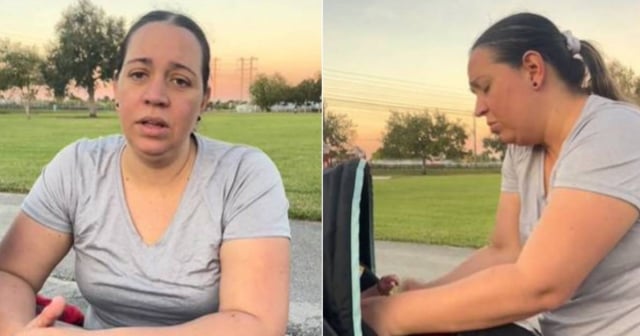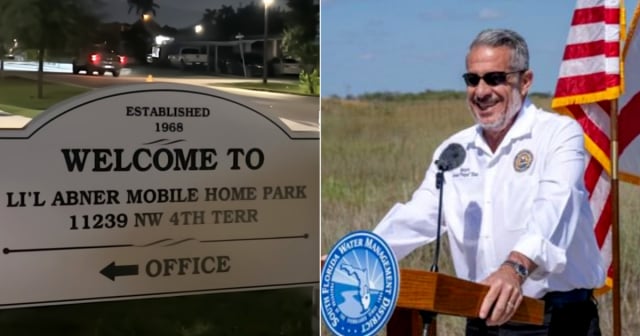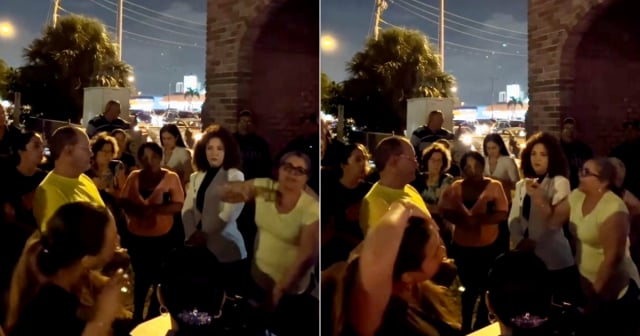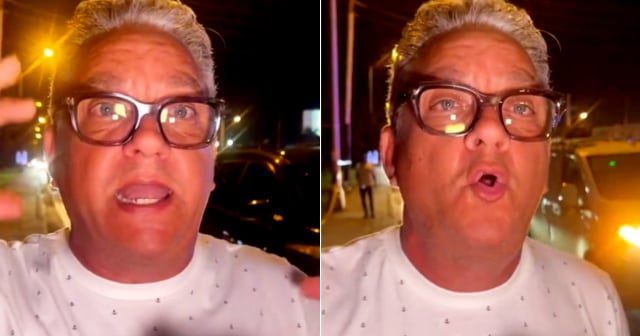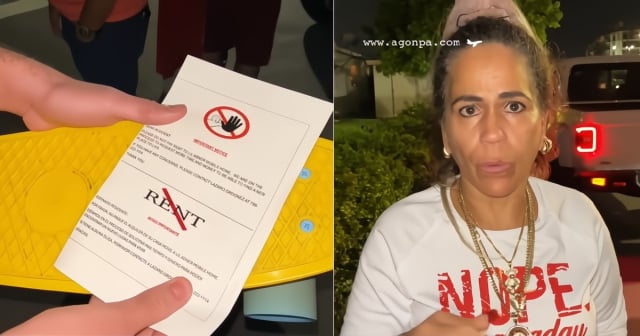Dozens of families affected by the closure of the Li'l Abner mobile home park in the city of Sweetwater, in Miami-Dade County, have turned to social housing offices in search of answers.
The mass eviction will leave 900 families homeless in May 2025. This has triggered a crisis and long lines at the office established by the Sweetwater city council to address housing issues in the community.
It seems that your text got cut off. Could you please provide the complete text you would like translated?$50 bonus"For food. That's enough for lunch," a resident commented with frustration while waiting to be assisted by volunteers from religious organizations, Housing officials, and the county's Department of Children and Families.
Several affected individuals, including Cubans residing in the park, expressed that they feel humiliated by having to "beg" the U.S. government for assistance in relocating, in a process they deem unfair.
The mayor promises assistance, but the residents demand more.
The mayor of Sweetwater, José "Pepe" Díaz, assured that the city council is working to connect families with social housing programs and community organizations. Among the options offered are subsidies for two months of rent, legal guidance, and access to temporary shelters.
However, many residents believe that these solutions are inadequate to compensate for the loss of their homes and the uncertainty of facing an increasingly inaccessible rental market in Miami.
In response to the lack of concrete solutions, the residents of Li'l Abner have started to organize themselves and declared to Univisión Noticias that they are willing to hold daily protests.
The residents of the park are aware that the landowners have the right to sell or promote urban development, but this situation is ruining their lives and threatening a community that has been established there for several decades.
Families are demanding that the authorities intervene to ensure fair compensation and a relocation plan that allows them to maintain their economic and emotional stability.
So far, Miami-Dade County has not provided a decisive response in this case, and social housing programs may not be sufficient to offer a solution.
The strategic value of the land and the reality of starting from scratch.
The Li'l Abner mobile home park is located in a strategic area of Miami-Dade, just minutes away from universities, shopping centers, and major roads.
Esta posición privilegiada ha despertado el interés de desarrolladores que planean construir viviendas modernas, una escuela, centros médicos y espacios comunitarios. El proyecto promete traer beneficios a largo plazo para la región, pero los actuales residentes se sienten excluidos de esa visión.
The incentives offered by the park management, which can amount to up to $14,000 for those who vacate the property before January 2025, are seen as insufficient compared to the costs of relocation in a saturated and expensive real estate market.
Most of the affected families have accepted that they will have to leave their homes, and with that, their lives as they know them. Many are getting ready to move out of Miami, away from their jobs, schools, and support networks, facing an uncertain future.
Filed under:

